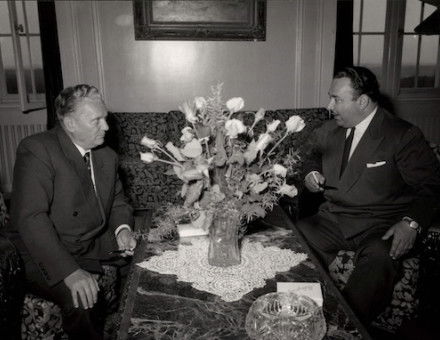Gordon and the Slave Trade
Charles Chenevix Trench finds that, as Governor of Equatoria and then Governor-General of the Sudan from 1874-1880, one of C. G. Gordon’s chief concerns was suppressing the slave-trade.
In the autumn of 1872 Colonel C. G. Gordon, Royal Engineers, was in Constantinople on his way back from a nostalgic visit to the battlefields of the Crimean War which, as a subaltern, he had much enjoyed.
He had subsequently won a great reputation as a fighting soldier in command of the Ever Victorious Army, composed of Chinese Other Ranks and officered by the European and American dregs of the Shanghai waterfront, which had taken a leading part in the suppression of the Taiping revolt. But for the next seven years ‘Chinese Gordon’ had been strangely neglected by the War Office, employed first in one dead-end job at Gravesend, then in another with the International Danube Commission.
At a reception at the British Embassy he was introduced to Nubar Pasha, the capable Armenian who was Prime Minister to the Khedive Ismail of Egypt. Nubar asked him to recommend a British officer to succeed Sir Samuel Baker as Governor-General of Egypt’s southernmost and most recently acquired province, Equatoria, with the special tasks of opening up a route to the great lakes and suppressing the slave-trade. Gordon recommended himself.





